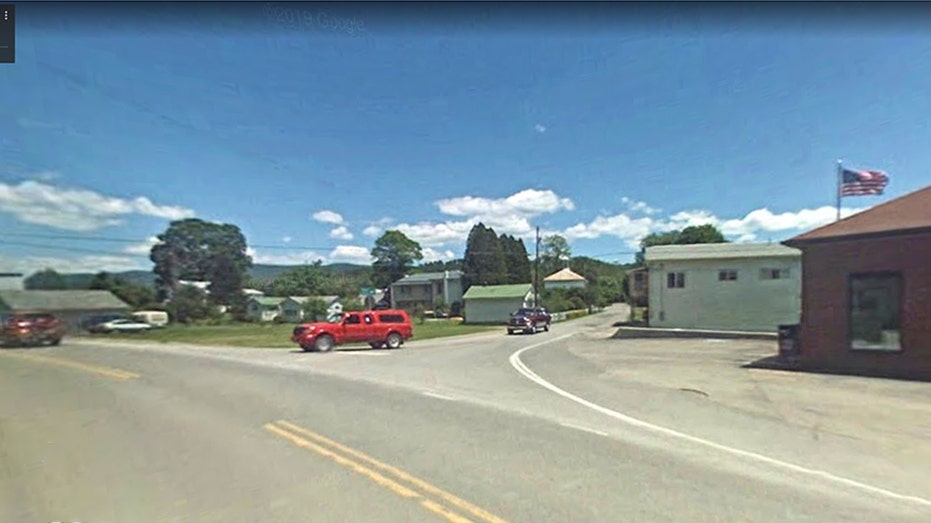Nearly 80 percent of North American households use Wi-Fi as their main source of Internet. But barely any of them live in Green Bank, West Virginia. That’s because it’s illegal.
Researchers think it could block signals from outer space.
The tiny town of fewer than 150 people doesn’t tout huge shopping plazas or apartment complexes. It doesn’t even have cellular service, according to Popular Mechanics.
But it is home to something massive: the Green Bank Observatory, regarded as one of the world’s most important facilities for astronomic research. Opened in 1958, it sits offroad in a quaint valley, tucked away behind the spiraling Allegheny Mountains.

Inside are a number of high-tech devices, including the largest-ever steerable radio telescope. And in the past six decades, the facility has made some groundbreaking discoveries, like black holes, pulsars and radiation belts.
In September, it found the biggest neutron star ever detected.
Stars and space aren’t the only thing researchers are looking for there, though. The observatory is also where serious data for extraterrestrial intelligence is collected. And that’s why officials want to stop residents from interfering with research by using Wi-Fi.
“The signals we detect from space are extremely faint,” Harshal Gupta, the National Science Foundation program officer for the Green Bank Observatory, told Popular Mechanics. “A source of man-made radiofrequency can overwhelm these signals.”
The Federal Communications Commission established the National Radio Quiet Zone in 1958 in an effort to limit radio-frequency interference, covering about 13,000 square miles. That meant radio towers, television antennas and heavy machinery were restricted nearby, and private citizens weren’t allowed to use radio equipment too close to the towers.
That law is still in effect. But it isn’t easy to enforce.
While many establishments in the town are connected to the Internet, they use physical Ethernet cords instead of connecting wirelessly. The same can’t be said for everyone.
Julie Shiflet of Green Bank Elementary-Middle School said her students often connect to the Internet remotely: “I asked 22 eighth graders, ‘How many of you have [WiFi and Bluetooth] electronics?’ All of them raised their hands. Then, I asked how many of them have music and headphones for their devices. All but one raised their hands.”
Aside from Shiflet’s students, the Pew Research Center noted that 96 percent of U.S. adults own cell phones and 81 percent own smartphones. And a growing number of Americans own smart in-home devices and accessories to complement their phones.
Then, there are people who purposely ignore the law, installing hotspots in their homes and businesses. A convenience store not far from Green Bank Elementary has remote access. When told about interference, the clerk said, “Yeah, but everyone’s got Wi-Fi.”
Shawn M. Carter
Source News
No comments:
Post a Comment
Note: Only a member of this blog may post a comment.